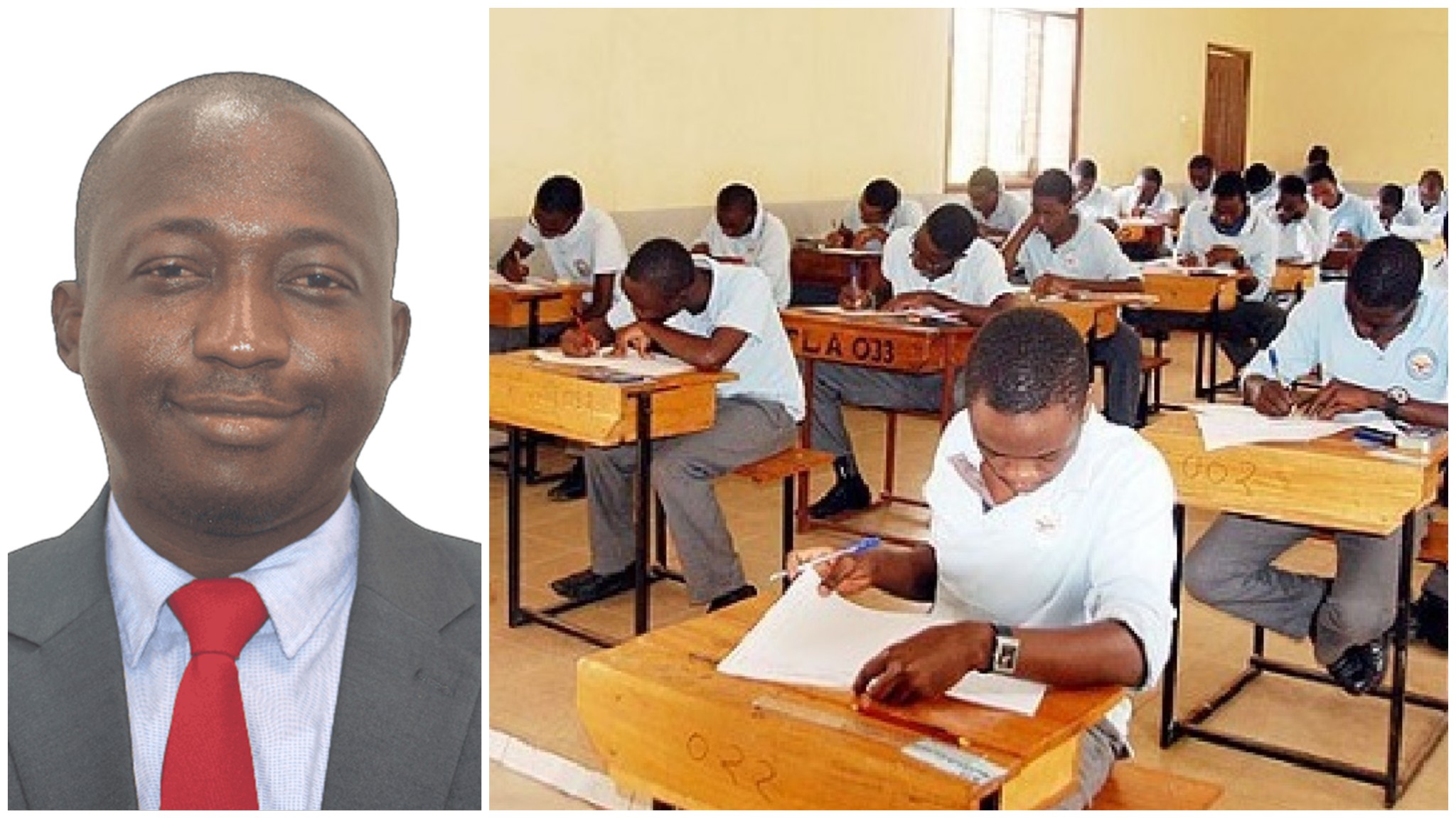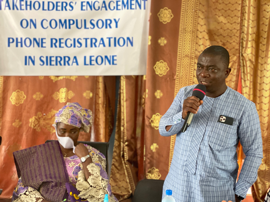
By Alhaji Dauda
With the vibrancy of the telecoms sector gaining momentum in this country as evident in the continuation to revolutionize the industry or sector through instituting various tangible reforms to keep abreast with international standards in order to optimize a well-functioning regulatory institution, under the dynamic leadership of the Director General, Daniel Kaitibi, the National Telecommunications Commission (NATCOM) has on Friday 21st August, 2020 engaged different stakeholders on the rationale behind the introduction of a Compulsory Phone Registration in Sierra Leone. The stakeholders meeting took place at the Atlantic Hall of the National Stadium in Freetown.

Among those present during the meeting were representatives from the Consumer Protection Agency, Market Women Association, Civil Society Organizations, Drivers Union, Bike Riders Union, Disability Rights Movement and the Media.
The deliberations bordered on Compulsory Phone Registration (CPR) with particular emphasis on the significance of putting such a new initiative into effect plus the benefits that will accrue to the consumers and the State.
The Director General of NATCOM, Daniel Kaitibi, speaking during the engagement stated that his leadership is blessed with a Board that highly believes in consultations further underscoring that such is all the more reason why they decided to convene such an engagement meeting in order to inform key stakeholders in Sierra Leone about the new system or initiative they intend to introduce. He said the introduction of the system will be of immense benefit to all parties in terms of enhancing the country’s security apparatus as well as the economy.
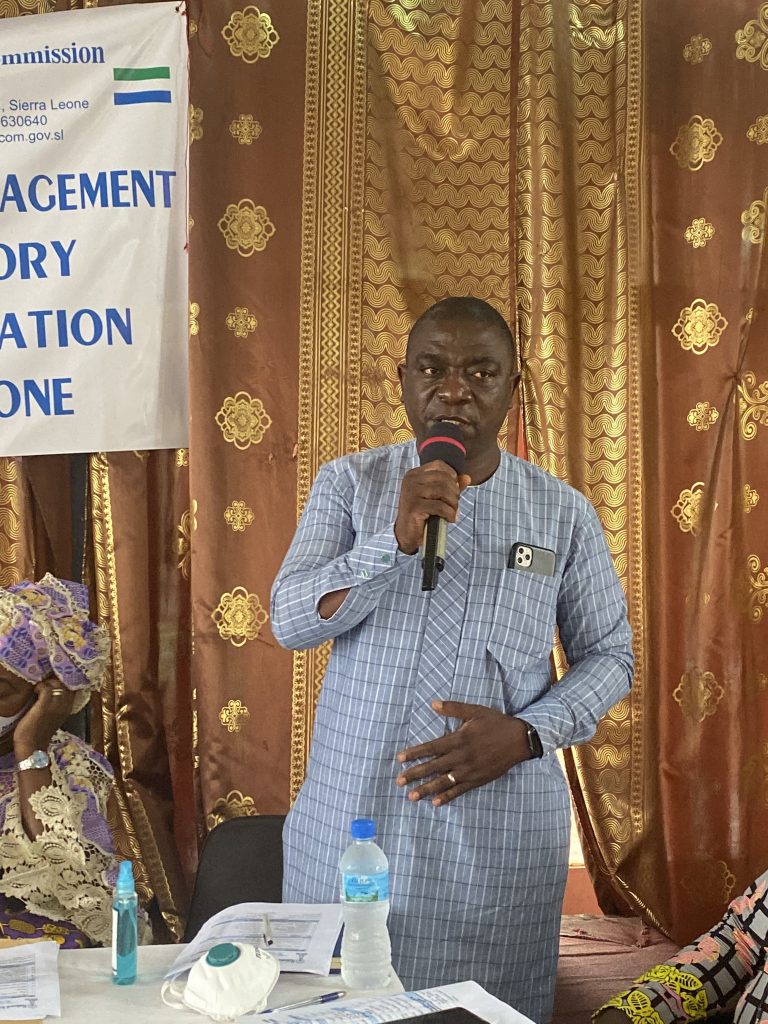
The result-oriented Director General also noted that the introduction of Compulsory Phone Registration will not only provide financial quantifiable benefits to all parties involved, but it will also improve the overall quality of mobile communication in the country guaranteeing the country’s population their right to the best quality of mobile services and mobile phone equipment.
On her part, the Acting Chairperson of NATCOM, Madiana Samba, on revealed that the six (6) new regulations which were recently drafted by her institution are at an advanced stage for them to be enacted. She made mention of the Telecommunications Licensing Regulation 2020, Radio Frequency Spectrum Regulation 2020, Telecommunications Quality of Service Regulation 2020, Subscriber Identification and Registration Management Regulation 2020, Electronic Communication Equipment Type Approval Regulation and the National Numbering Resources Regulation 2020.

These regulations ,according to her, will help support the New Cyber Security Law which the Ministry of Information and Communications has piloted until it became a legislation recently.
“As part of the Commission’s mandate to protect consumers’ rights, regulate, issue license and improve on the quality of service for the telecoms sector, NATCOM is undergoing series of reforms to ensure that all regulations developed are effectively popularized and the general public sensitised or educated on them,” she also highlighted.
She intimated that one of such projects is the Compulsory Phone Registration(CPR) which, according to her, will also support the subscriber registration regulation that has been developed.

The Acting Chairperson maintained that mobile theft has been a genuine concern raised by consumers through the Commission pointing out that the best solution to this malaise could be through employing a multi-faceted approach. She emphatically anchored that it will include a means of technical enforcement which when combined with regulations provide a holistic, systematic country wide approach.
She revealed that the regulator (NATCOM) and by extension the Government stands to benefit from additional sales tax and customs duty collection. “Both can also benefit from the registration fee for the imported equipment or temporary equipment in the country used by visitors and tourists and invariably decrease illegitimate sales of those equipment,” she added.
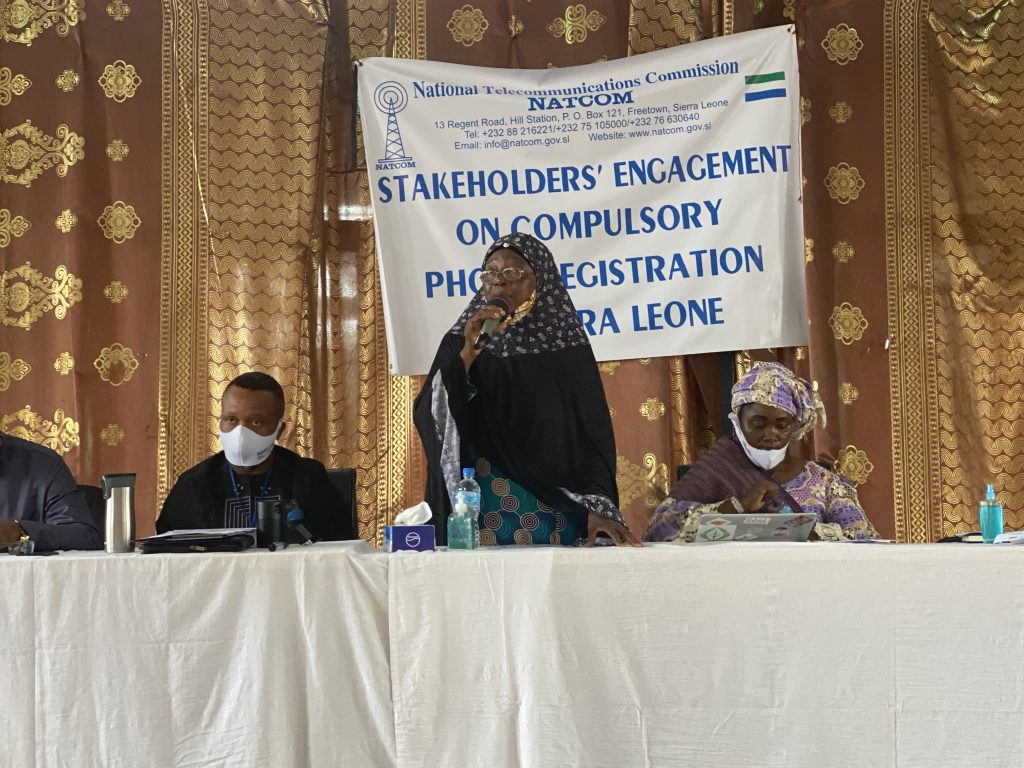
For the mobile operators ,she said ,they can benefit from improved marketing campaigns combining new mobile equipment with attractive revenue generating bundles for consumers, ensure better control of the network through usage of certified equipment.
Madiana Samba also revealed how the Compulsory Phone Registration can complement analysis capabilities allowing the operator to monitor currently available mobile phones on the network over specific time frames. “This can highlight the popularity of specific models or brands of phones, their usage and eventually their geographical distribution,” she continued.

Other benefits she made mention of include guaranteed quality of the equipment purchased, assurance of manufacturer and retailer warranties, benefit from attractive bundles offered by mobile operators in line with new phones, benefit from decreased criminal activities targeted at procurement of mobile phones as well as benefit from reduced rate of mobile theft.
She stated that many GSM or mobile companies are sometimes worried about the misuse of their subscribers’ personal details as well as other issues and so they have been calling on NATCOM to ensure that they are transparent in terms of the issue of phone registration.
A Civil Society activist, Thomas More Contech, called on NATCOM to involve CSOs in the sensitisation of the public about the new Phone Registration process if they want the public to accept it. He pointed out that there is the need for residents in communities to be sensitized otherwise some people may think the new system has political undertones.
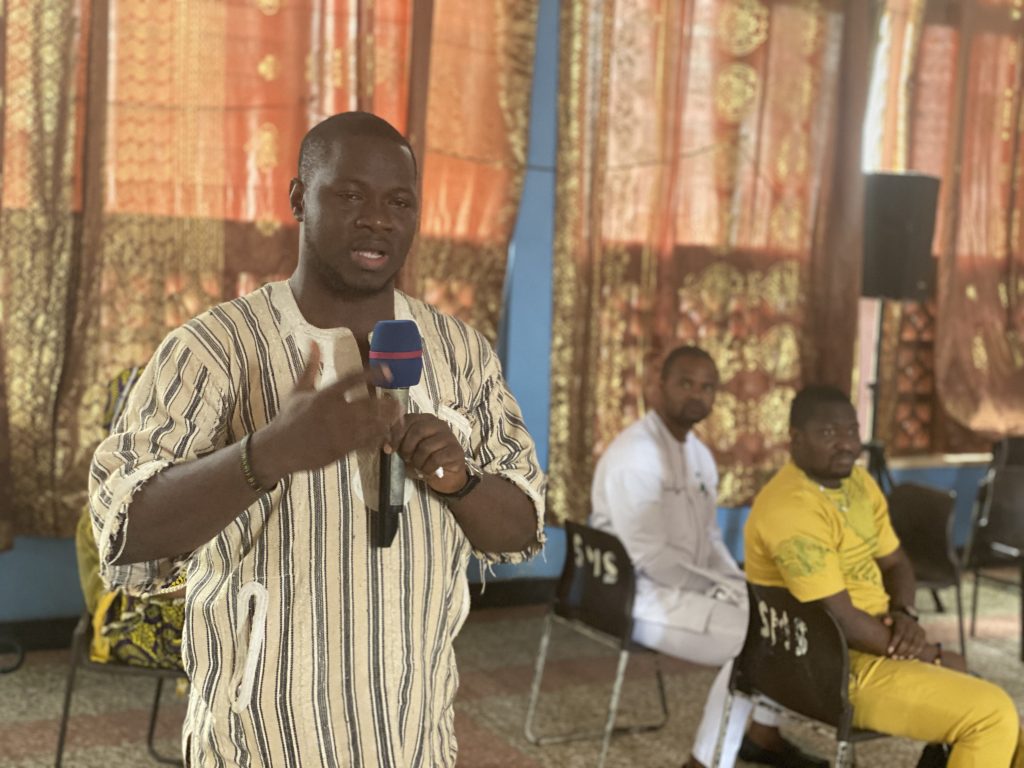
Another Civil Society member, Alphonso Manley ,thanked the Management of NATCOM for creating such a platform for CSOs to share their ideas maintaining that such a system will help to positively transform the country.

key statements were also delivered by representatives of the Consumer Protection Agency , Market Women Association, Civil Society Organizations, Drivers Union, Bike Riders Union, Disability Rights Movement and the Media. The engagement was chaired by the able Deputy Director General of the Commission and the vote of thanks given by Commissioner Joseph Sannoh.



